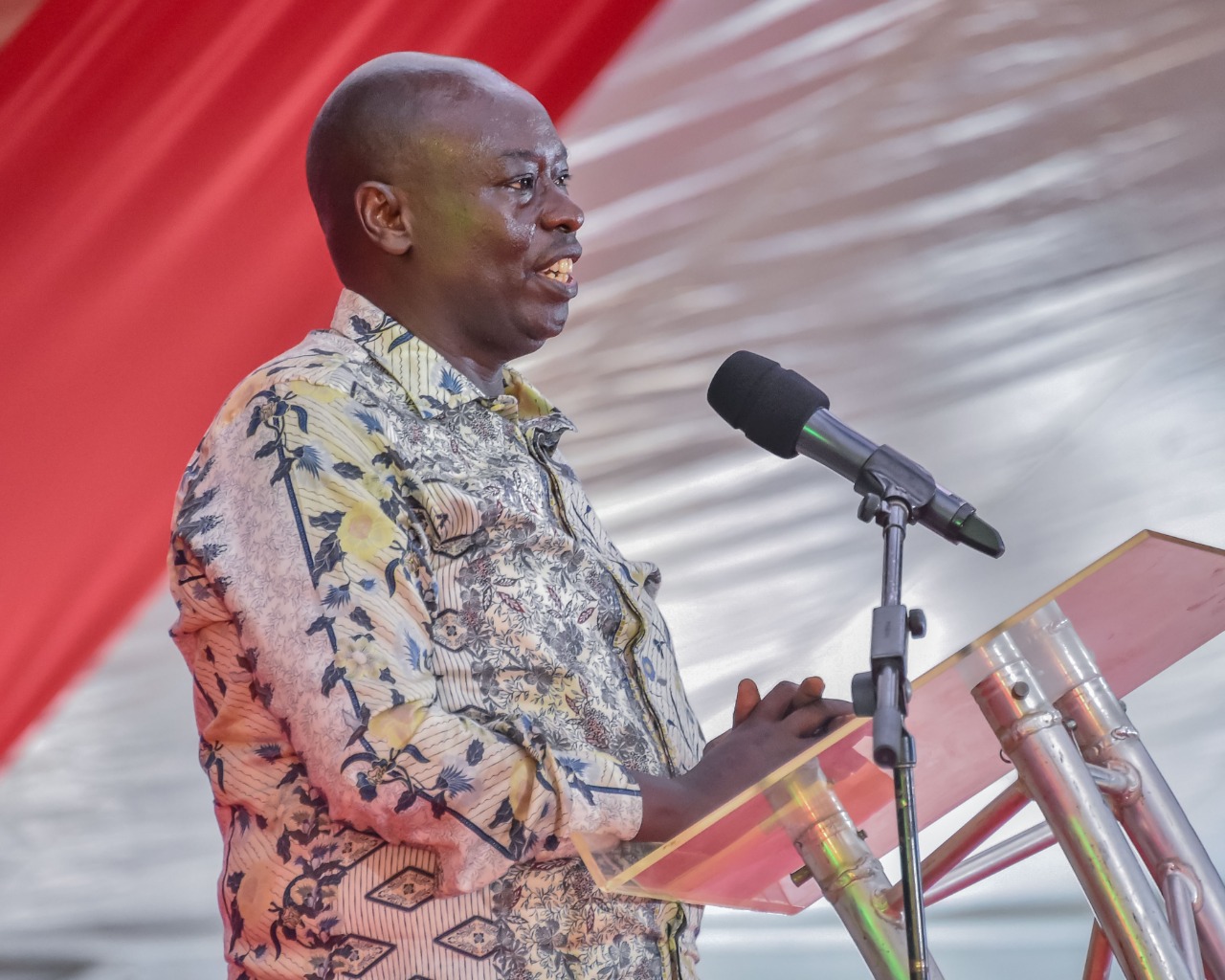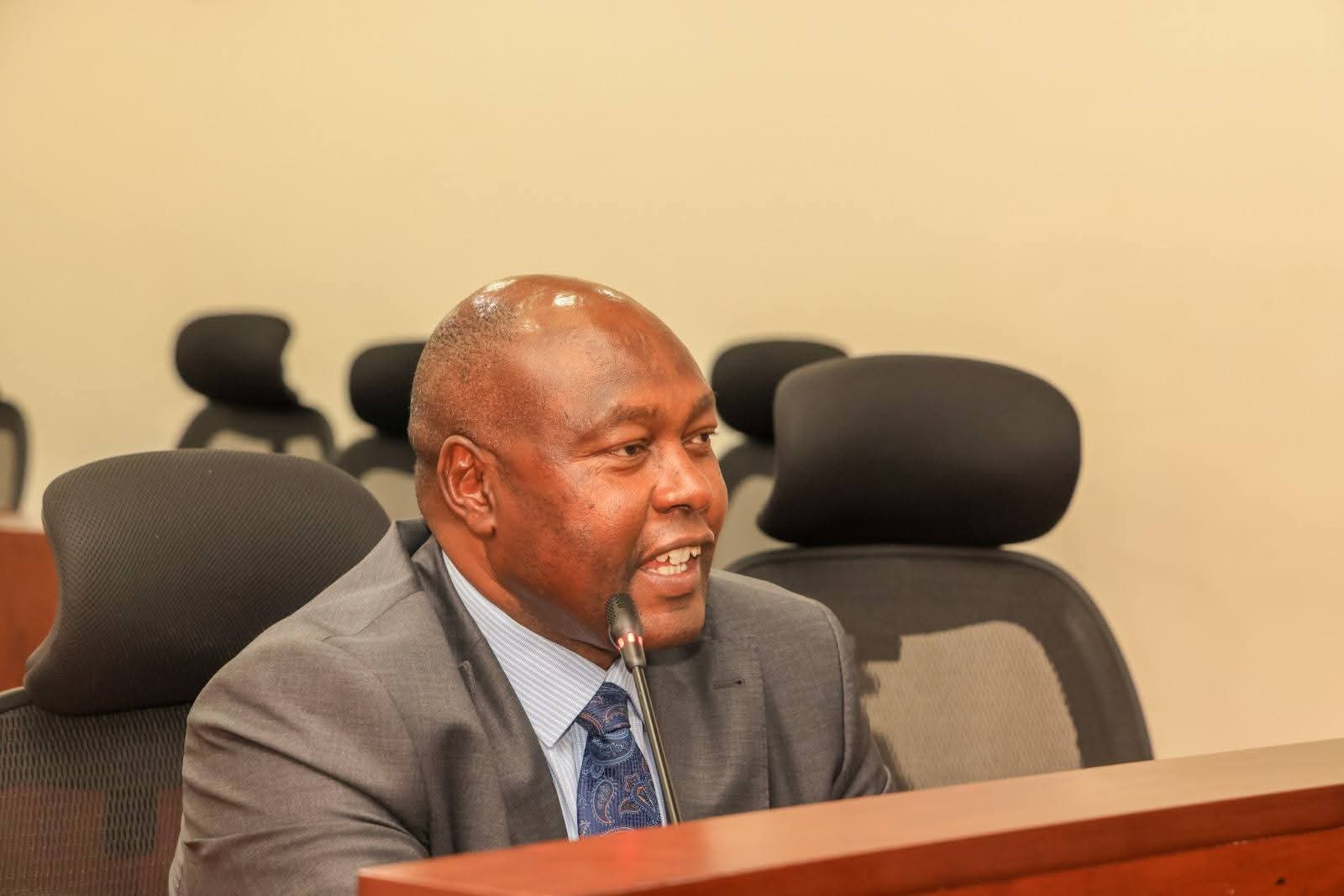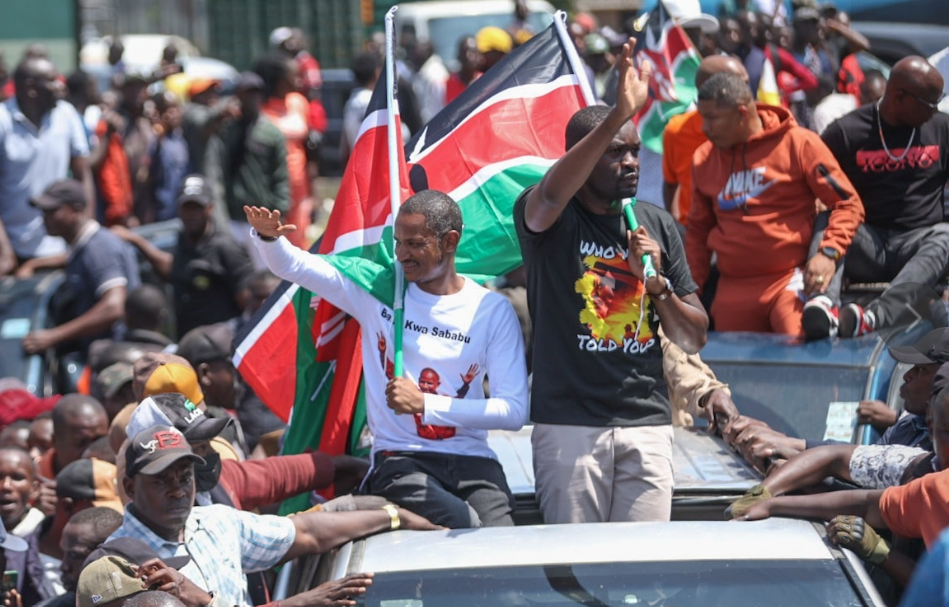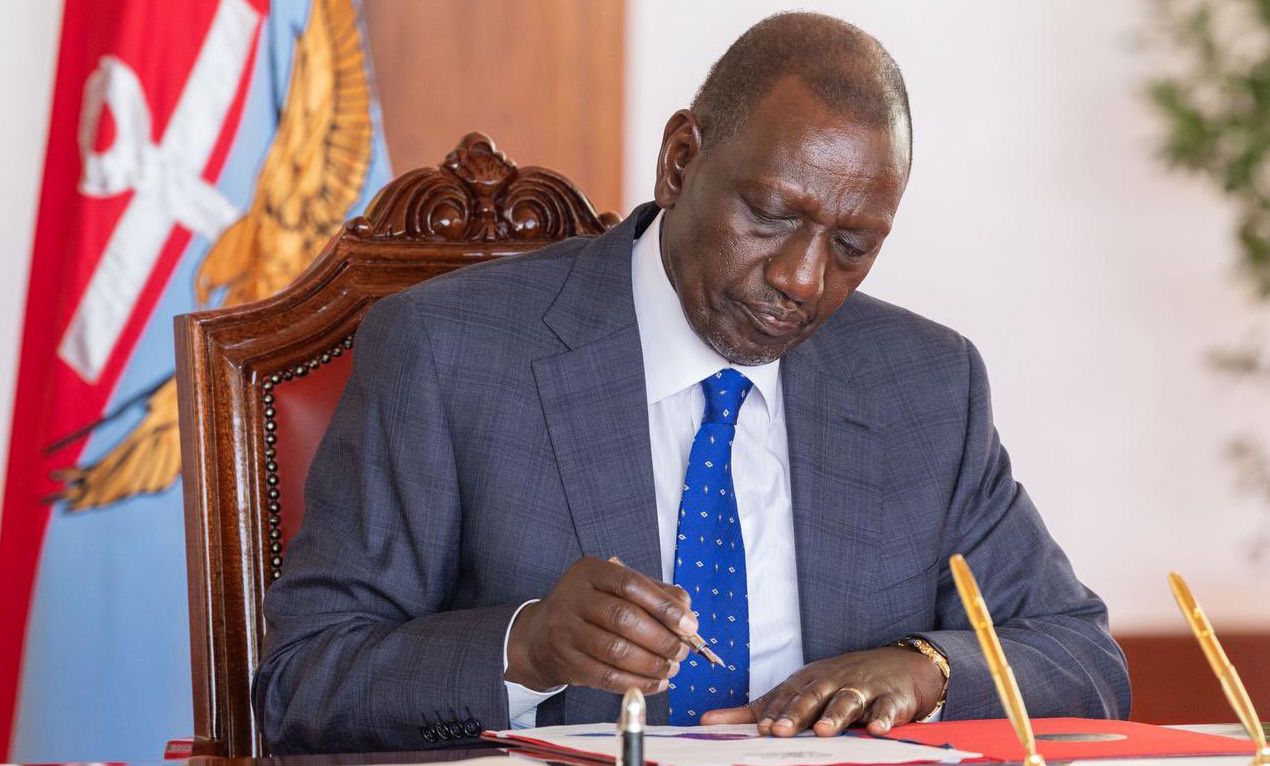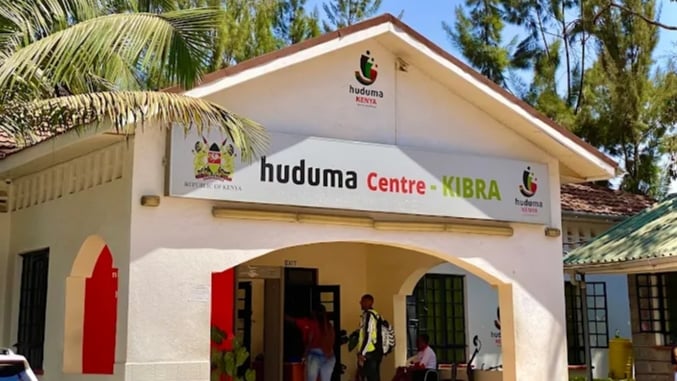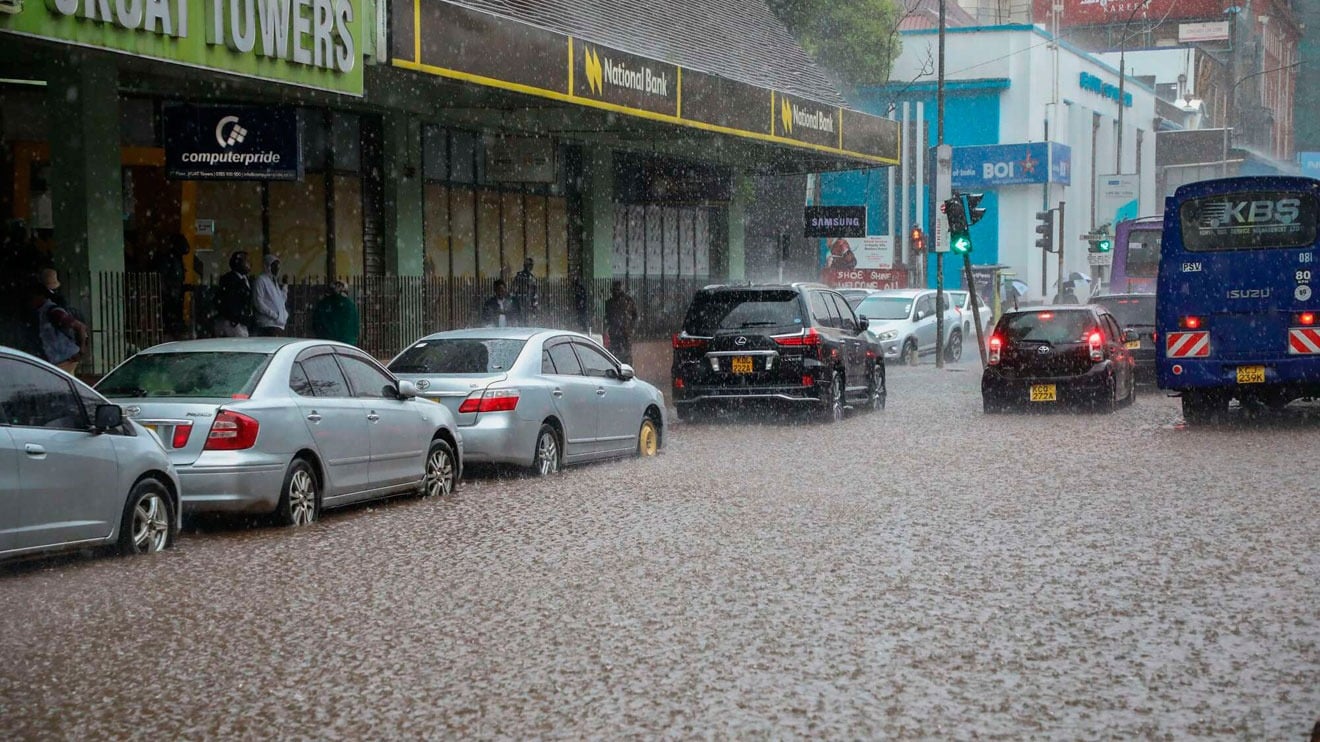President William Ruto has delegated his deputy Rigathi Gachagua to oversee deliberations on the mechanism of arresting the adversities caused by drought in a host of counties.
The meeting which has been scheduled for Monday, September 26, would involve officials from both the national and second-tier governments.
At the centre of the deliberations would be the discussion of the essential interventions aimed at salvaging close to 20 counties from severe drought which has put over 3 million people in danger.
"My deputy Rigathi Gachagua will, Monday, convene a meeting of GoK involving county leaders/officials to harmonise urgent interventions to stem the severe adverse effects of ravaging drought in almost 20 counties that is putting about 3 million people at great risk," said Ruto.
Read More
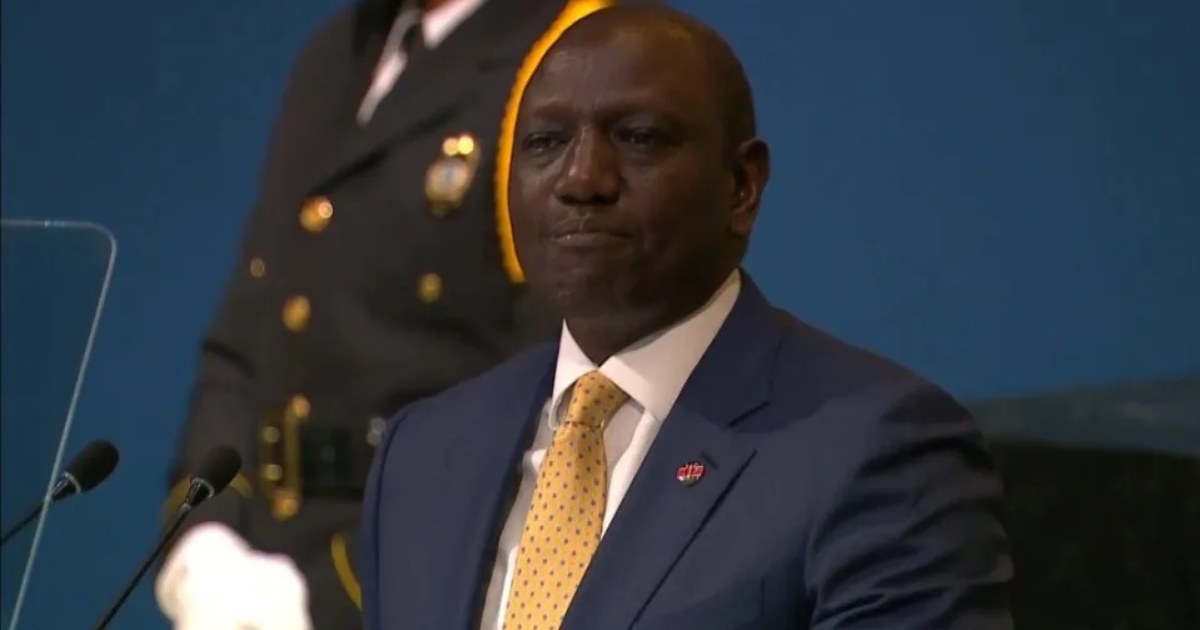
Statistics from the National Drought Management Authority (NDMA) show that early cessation of the 2022 long rains season has worsened the drought situation in 19 of the 23 arid and semi-arid (ASAL) counties.
These counties were already bearing the brunt of the poor performance of three previous consecutive failed seasons.
According to NDMA, six counties have been earmarked in the Alarm drought phase while 13 others are in the Alert phase.
The six are Laikipia, Mandera, Marsabit, Wajir, Isiolo and Samburu.
Those in the Alert phase include Turkana, Garissa, Tana River, Kitui, Baringo, Meru, Lamu, Kilifi, Kwale, Taita Taveta, Kajiado, Narok, and Tharaka Nithi.
The situation has exacerbated food insecurity in the aforementioned regions subjected the people therein to potential after-effects of famine.
The Monday meeting comes in the wake of Ruto's call to the international community to help Africa deal with the prevailing drought.
Speaking at the 77th United Nations General Assembly, the president stressed the importance of the world joining hands in devising technologies to solve the climate change challenges, and in the meantime, offer support to the affected countries.
"I call on the Member States and all relevant stakeholders to demonstrate strong political will and showcase effective cooperation by supporting the most affected countries financially and sharing land restoration and climate adaptation technologies. It is through collaborations to expand inclusion that we can attain a new paradigm in multilateralism," he said.
